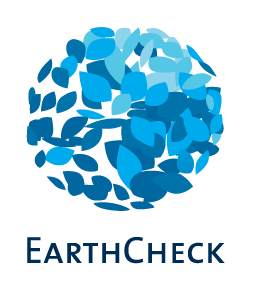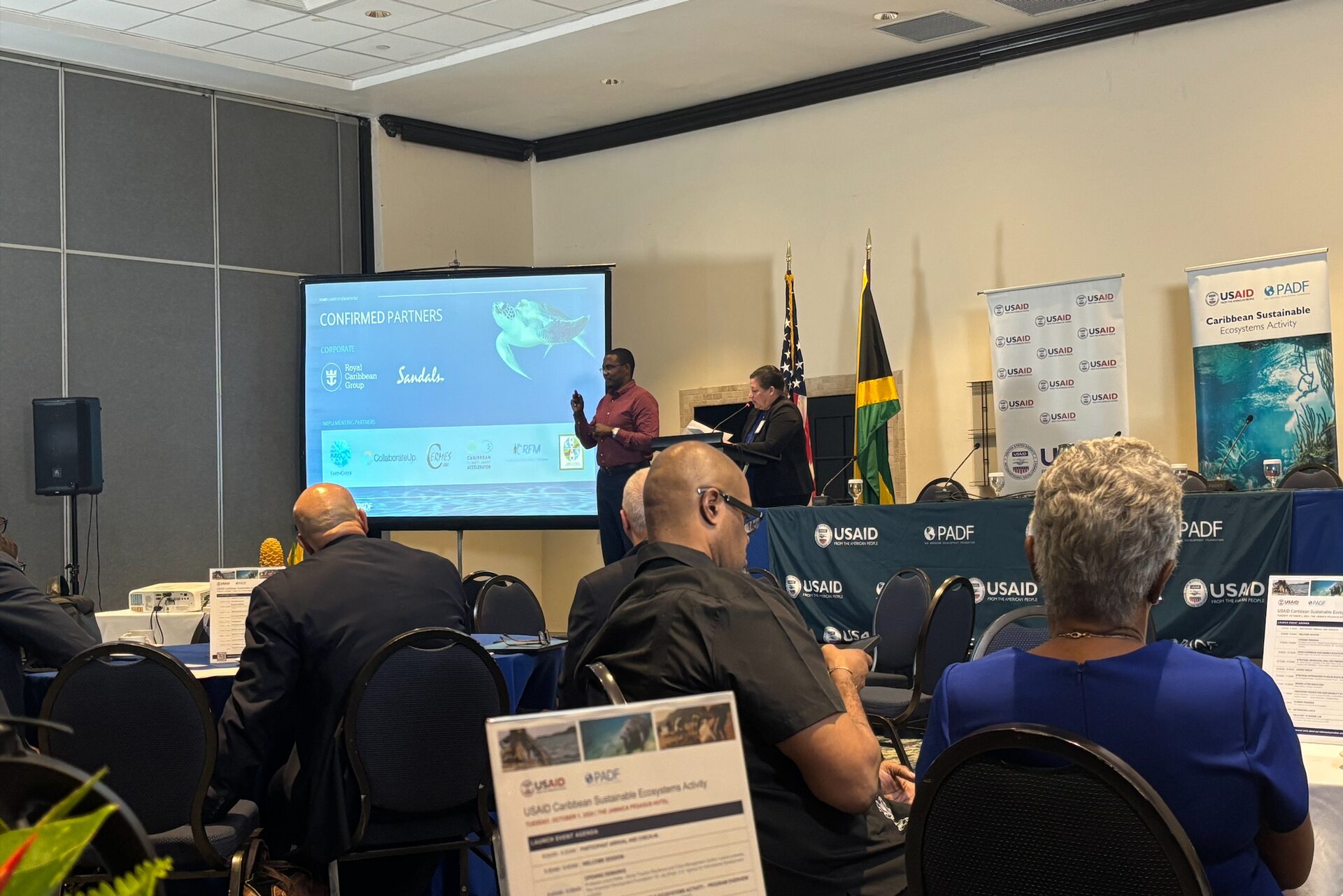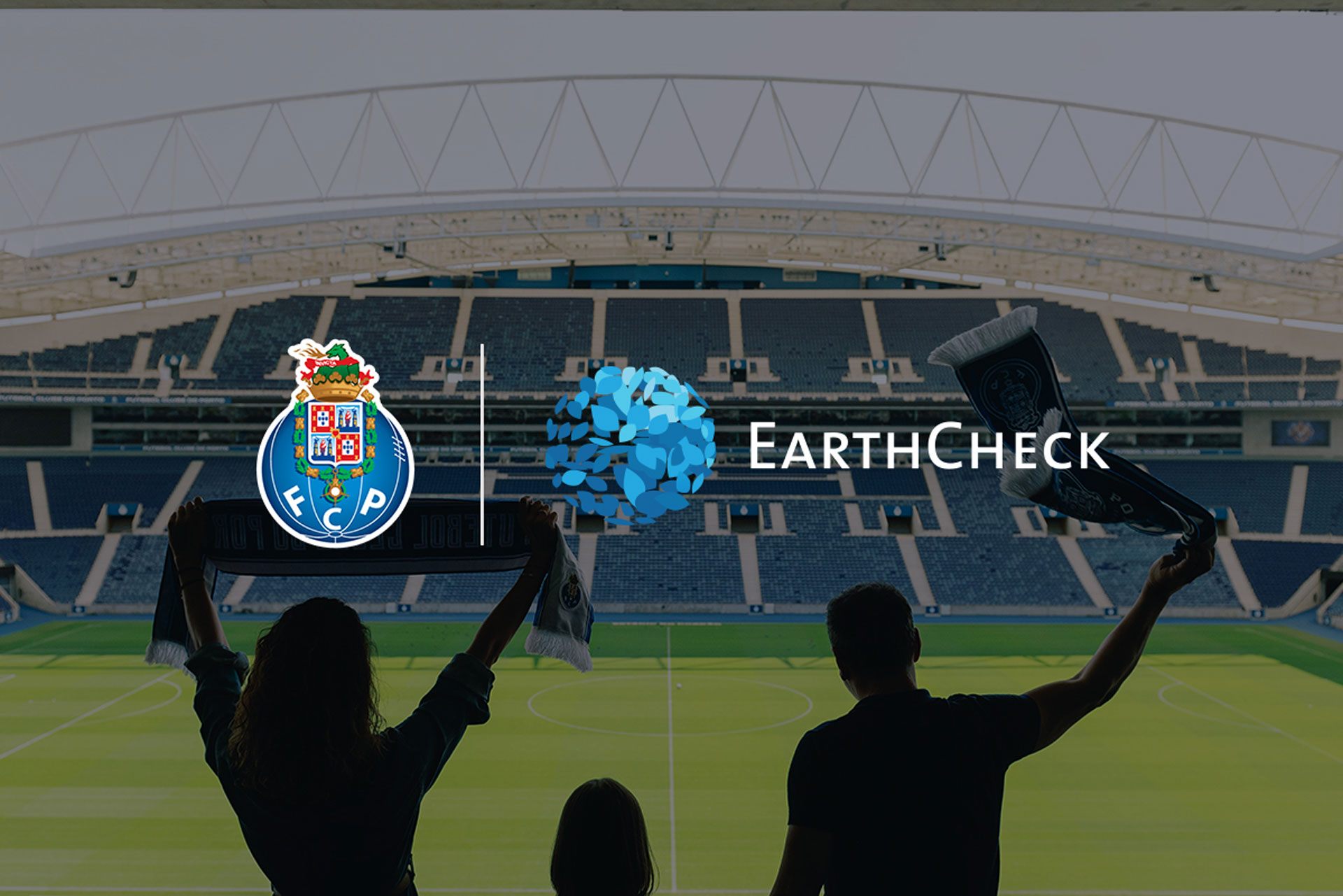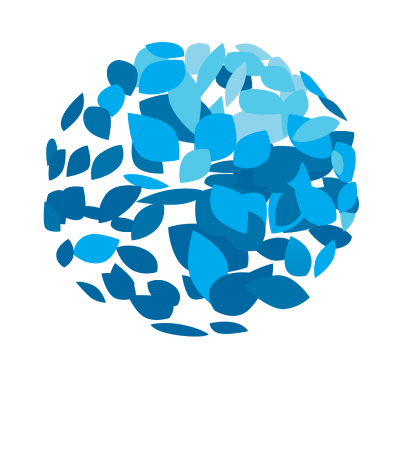Brisbane, QLD 4 March 2021.
The Great Barrier Reef is under increasing threat from climate change, renowned for its ecological significance and the beauty of its seascapes and landscapes, its ecological integrity is in danger despite considerable management effort. These natural assets provide important ecosystem services to business operators and the wider community in Queensland.

In 2019, the Queensland Government commissioned EarthCheck, the industry leading business advisory group specialising in sustainability and destination management, to assist the Great Barrier Reef islands to transition to a low or zero carbon future and to become more resilient.
“Climate change, extreme weather events and a steady growth in visitation is putting increased pressure on the Great Barrier Reef islands,” said Melinda Watt, the Project Leader for EarthCheck. As Chief Scientist with EarthCheck, Melinda has been involved in the evolution and application of EarthCheck’s international benchmarking indicators and standards for over twenty years.
The aim of the project was to assist the Great Barrier Reef islands to benefit from new technologies and innovative practices to not only reduce greenhouse emissions, but provide additional benefits through energy, water, and waste management, as well as to improve overall self-sufficiency for the islands.

EarthCheck worked with a project team made up of ARUP, Queensland Tourism Industry Council and Regional Economic Solutions. The team worked closely with the local communities of Magnetic, Masig and Palm Islands to deliver a sustainability and risk assessment and prepare an options analysis of environmental and sustainability solutions together with decarbonisation business cases for each of the islands.
The decarbonisation cases have been designed to help the islands quantify the economic and environmental opportunities to invest in climate action, evaluate implementation risks and support applications for funding for applicable grants. The initial phase of the decarbonisation project involved onsite visits to engage with local communities, understand the issues and local impact. These visits identified sustainability-oriented and climate resilient project options that were developed up to business cases.

Queensland Minister for Environment and the Great Barrier Reef Meaghan Scanlon said that “While decarbonising islands alone won’t stop climate change threatening the Great Barrier Reef, EarthCheck’s community-led decarbonisation business cases will help to provide insight and identify future opportunities to drive a low carbon future and increase resilience of the island communities.”
